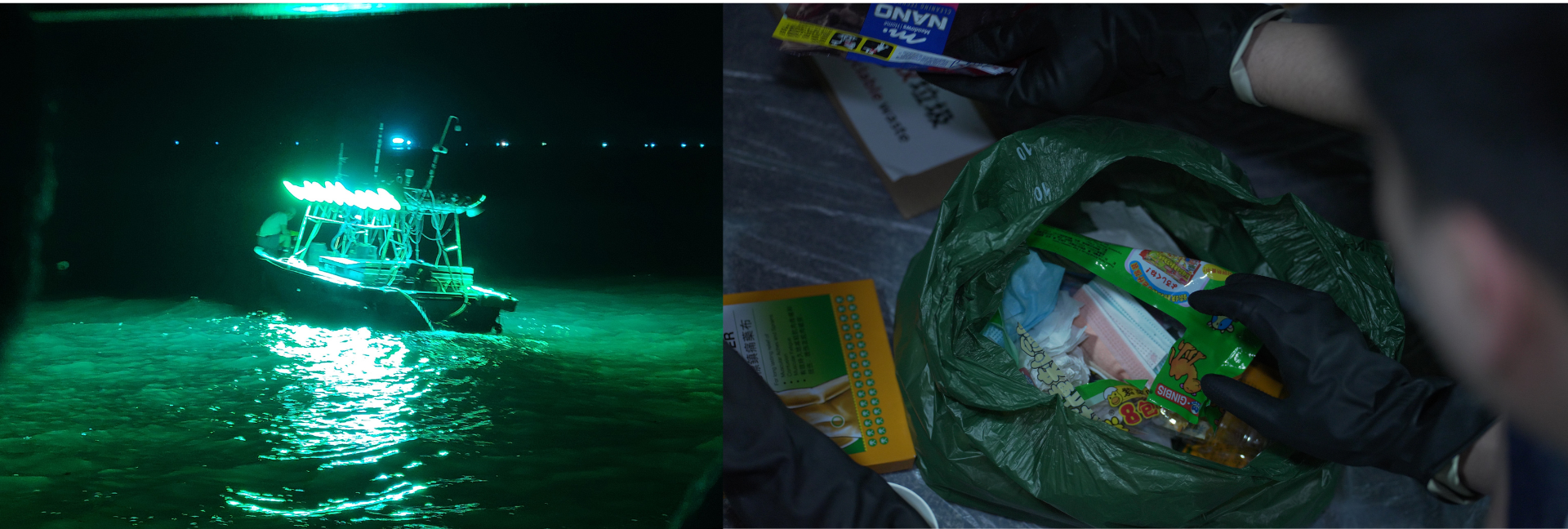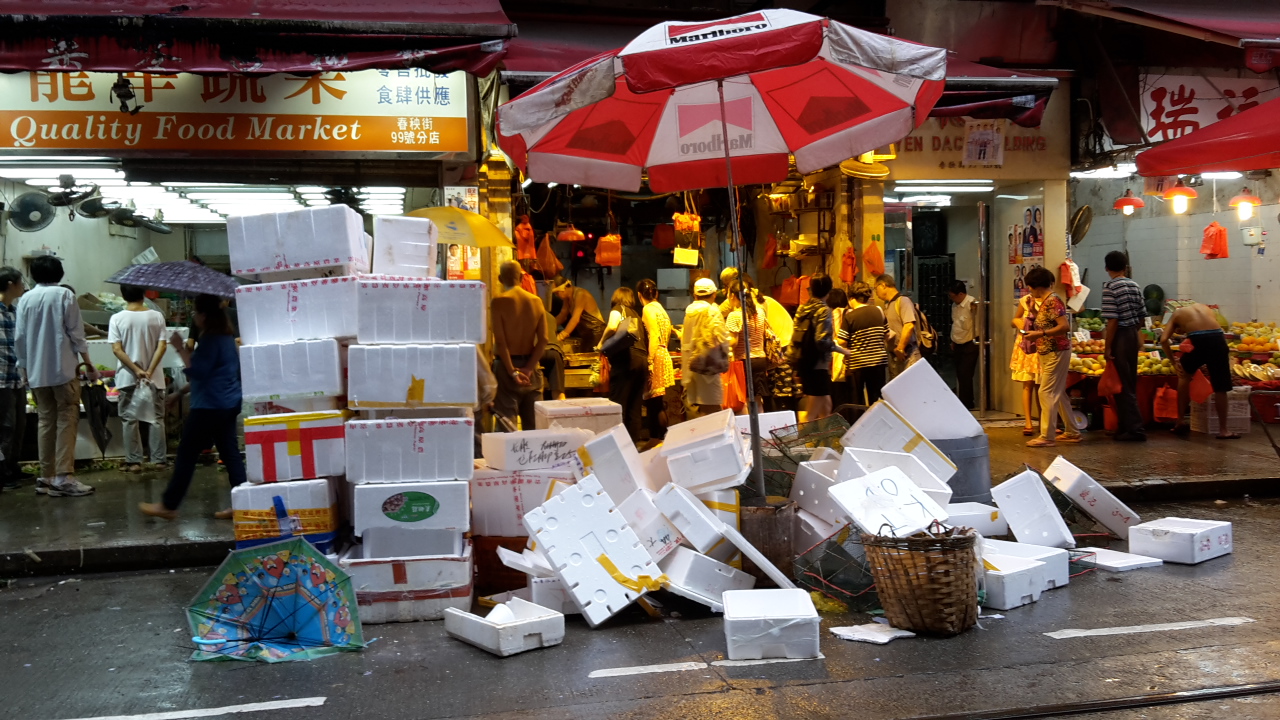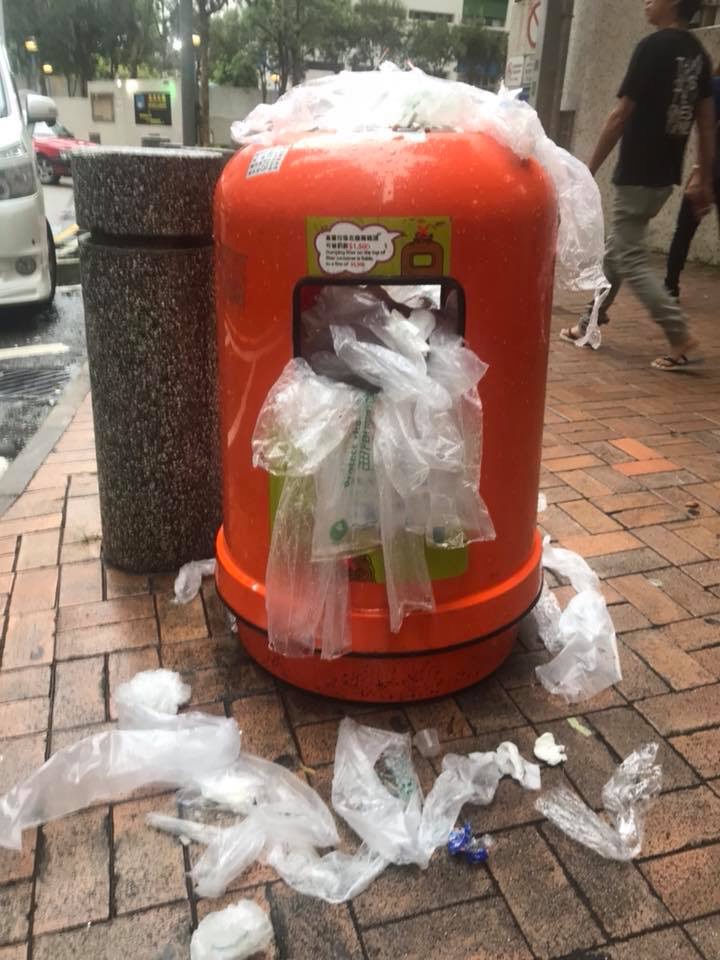Hong Kong’s Bad Old Practices On Plastic Waste Continue Despite New Policies
 12 Jan 2023
12 Jan 2023
- Category
- Keywords

(12 Jan 2023 SCMP)
Many people, including me, hoped that some of the undesirable practices of the former administration would improve under the leadership of Chief Executive John Lee Ka-chiu. Six months in, clearly this has not happened.
For instance, the Environmental Protection Department (EPD) has published annual figures on municipal solid waste since 1991. However, publication is getting even slower than before: the 2021 report was not published until December 2022. Such a huge delay in making vital information available to legislators and the Advisory Council on the Environment – the official environmental watchdog – makes it virtually impossible for them to give timely advice.
The department, supported by many professionals, should be well aware of changes regarding disposal trends for various types of solid waste based on the pandemic-affected social and economic scenarios. Even ordinary people can see the huge increase in disposal of single-use meal boxes and plastic bags as ordering takeaway became the “new normal” to avoid Covid-19.
The 2021 report did not reveal much improvement in the city’s waste management. On the contrary, it confirms that the Blueprint for Sustainable Use of Resources 2013-2022, launched 10 years ago, has failed to achieve several key targets including the daily per capita municipal solid waste disposal rate. The target set for 2022 is 0.8kg, but the latest rate has climbed to 1.53kg, meaning Hongkongers are disposing of waste at almost double the target rate.
The three types of waste that are closely associated with our daily activities – food waste, plastic bottles and plastic bags – each recorded increases in 2021 compared with 2020. This was the case even as the government-funded community green stations and stores collected more recyclables in the same period.
The Legislative Council and the Ombudsman need to look seriously into the matter. Much time, effort and resources have been devoted over the past 10 years to slashing waste disposal to meet the blueprint target. Yet, the outcome scores a fail.
The EPD has recently made several changes on waste management. First, the plastic shopping bag levy rose from 50 cents per bag to HK$1 (13 US cents), together with the removal of some of the unnecessary exemptions from the last day of 2022. Second, the EPD began removing the three-colour recycling bins placed in urban areas last year without providing any other effective facilities to keep the public practising recycling.
The plastic bag levy increase is a delayed action. The initial phase of the bag levy was launched in July 2009, and quickly showed a significant decrease in bag distribution by the mandated retailers. However, it was not long before there was a rebound in bag usage, which the authorities allowed to go on for more than 10 years before reviewing the effectiveness of the policy.
I visited Hong Kong’s two largest supermarket chains in January to see how they and their customers were behaving. I was glad to see one woman take several apples to the counter and tell the cashier, “I have my own bag”. In fact, she could have got a bag for free for the unwrapped apples but chose to demonstrate environmentally responsible behaviour.
At another supermarket in the same district, I witnessed a man surreptitiously unwrapping pre-wrapped pears. Perhaps he knew he could not get a free plastic bag when buying pre-wrapped fruit. My colleagues have also witnessed similar incidents at other supermarkets.
The two stores I visited had removed the small, clear plastic bags that were placed near fruit and vegetables in the past for use by customers for free. They have put up notices regarding the new plastic bag levy, but they are rather small and might not catch the attention of shoppers.
Supermarkets and other retailers should enhance their in-store monitoring to prevent customers from engaging in tricks to evade paying the bag levy. The authorities should also take this moment to enhance promotion of the aims of the bag levy through radio and television programmes and social media platforms.
Retailers should not treat the income generated from the bag levy as additional profit but instead channel that income to worthy causes by donating it to charities providing social or environmental services. Let’s hope this will become another “new normal”.
Edwin Lau Che-feng, founder and executive director, The Green Earth
Source: Hong Kong’s Bad Old Practices On Plastic Waste Continue Despite New Policies

 EN
EN Green Education Programme
Green Education Programme

 Back
Back
 30 May 2022
30 May 2022

